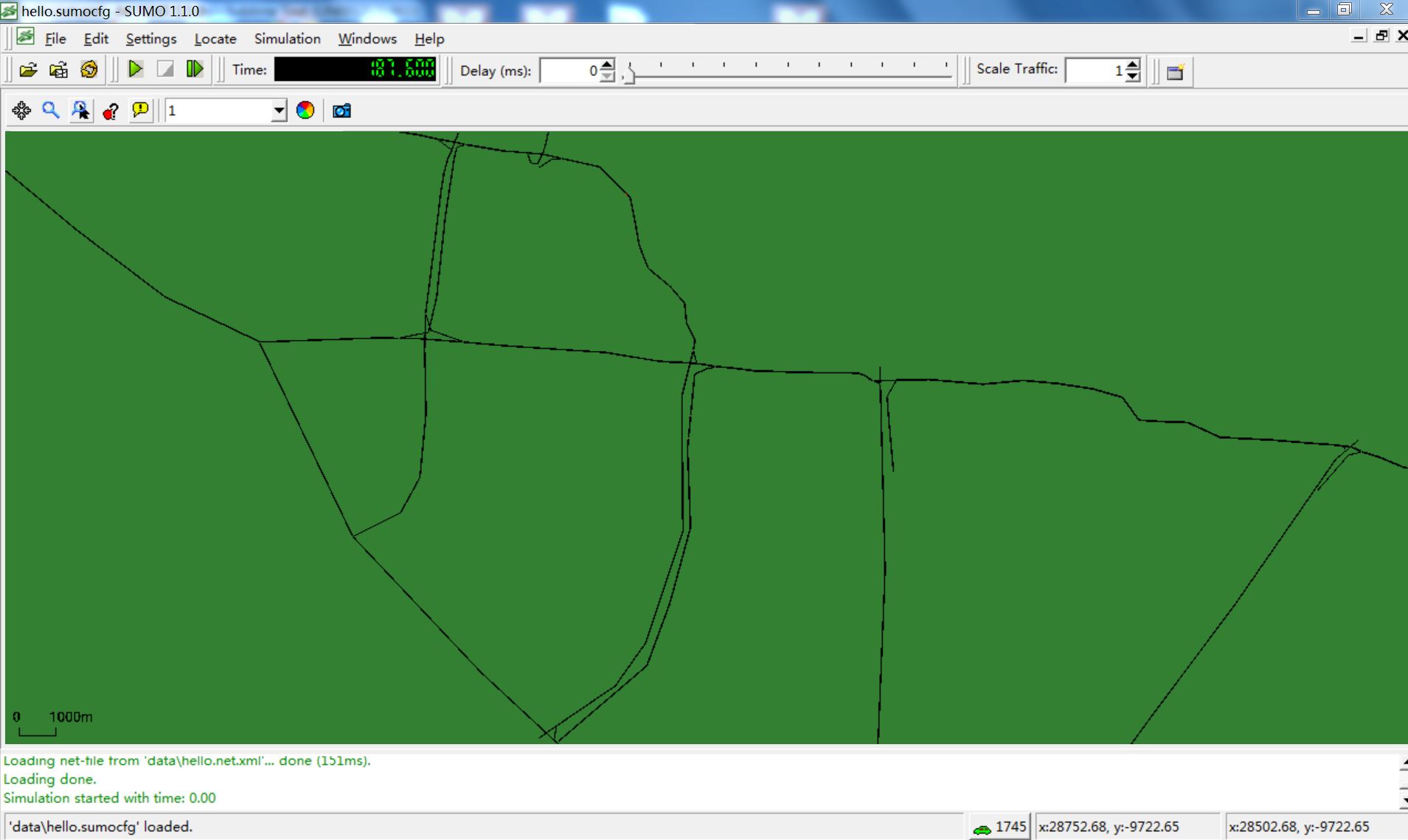Design of Resilient Smart Highway Systems with Data-Driven Monitoring from Networked Cameras
Overview
There is growing deployment of surveillance cameras in highway systems that can provide system operators with richer information such as weather, incidents, and other traffic-disrupting events, which conventional sensors (e.g. loop inductors) cannot provide. However, before implementing this, there are two questions which have to be answered:
– How to accurately and robustly retrieve relevant information from not only an individual camera but networked cameras
– How to design a resilient control system that maximizes the use of camera data while minimizing the negative impact of sensor failures and error in data processing
These questions have to be jointly addressed, since the performance of automatic video monitoring, the deployment (number and locations) of surveillance cameras, and traffic control algorithm based on real-time information are closely related and interdependent.
This project aims to develop a systematic way to design smart highway systems with networked video monitoring and control resiliency against environment disruptions and sensor failures. The research team will investigate deep learning methods for extracting fine-grained local categorical traffic information from surveillance videos and novel graph neural network methods to correlate and propagate the local information through the highway network for global states estimation, such as vehicle tracking and reidentification or traffic prediction in an unobserved area. The expected outcome is an implementable approach to designing resilient smart highway systems with trustworthy monitoring capabilities.
Research Objectives
This project aims to develop AI-powered monitoring tools specifically for transportation systems and to design a resilient control system.
Monitoring Objectives
- Investigate the effectiveness of deep learning methods for categorical traffic information extraction from networked surveillance videos
- Design novel graph neural networks for global categorical states estimation of a transportation system from sparse and local estimations
Design Objectives
- Identify the failure modes of sensors/communications
- Calibrate a dynamic model for highway capacity
- Develop efficient deployment strategies for static cameras and drones
- Design control algorithms to optimize performance while ensuring survivability under sensor failures
The deliverables for this project include:
- Conference and journal papers documenting the outcome of this research project
- Software of developed deep learning methods for intelligent traffic monitoring
- Algorithms for sensor deployment and traffic control
- A workshop demonstrating the monitoring capability of developed algorithms under a variety of scenarios of sensor failures.
Deliverables
Related Research
| Principal Investigator | Li Jin, NYU |
| Funding Source | C2SMART Center, NYU Tandon Start-up funds, NYU Summer Undergraduate Research Program |
| Total Project Cost | $115,967 |
| USDOT Award # | 69A3551747124 |
| Start and End Dates | 06/01/2019-08/31/2020 |
| Implementation of Research Outcomes | Designer/operator of a real smart highway system can implement the expected outcomes as follows: (1) Using real-world data, train and test the performance of our deep neural networks to extract local traffic information from video data; (2) Train and test the performance of our GNN method for predicting traffic information in areas without surveillance cameras by taking network structure into consideration; (3) Calibrate failure models against real maintenance data using our automatic calibration tools; (4) Deploy static/dynamic sensors using our allocation strategy; (5) Manage traffic flow based on the sensing capability using our control algorithm. |
| Impacts/Benefits of Implementation | This project aims to develop a systematic way to design smart highway systems with networked video monitoring and control resiliency against environment disruptions and sensor failures. On the video monitoring side, the following will be investigated: Efficient deep learning methods for extracting fine-grained local categorical traffic information from individual surveillance videos and novel graph neural network (GNN) methods to correlate and propagate the local information through the highway network for global states estimation.The system design side will: establish dynamic models for capacity using video data, model failure in either cyber or physical components, and study the relation between sensor deployment and observability for resilient traffic control. |









